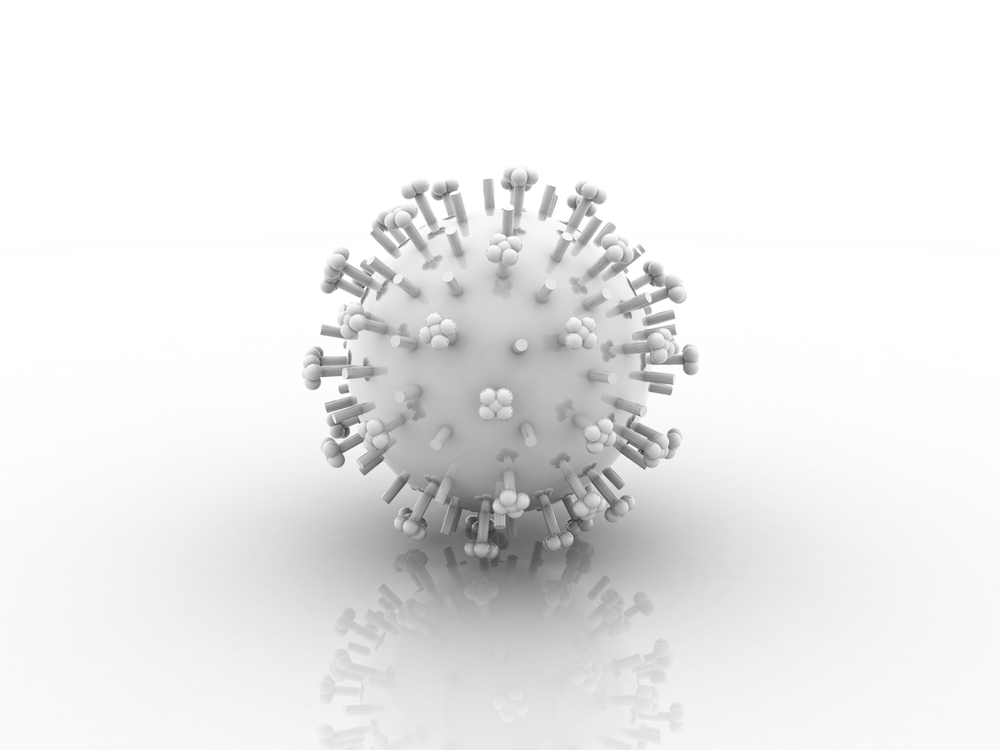Earlier today, the Head of Immuno-Oncology Research at leading drug discovery company Compugen, presented the company’s latest results on a number of self-discovered anti-cancer targets, including new target validation outcomes for CGEN-15052, a protein with the potential to effectively restore the body’s immune response against cancer. The presentation was given by Compugen’s Arthur Machlenkin, Ph.D. at The Inaugural International Cancer Immunotherapy Conference: Translating Science into Survival, in New York City.
Scientists working in immuno-oncology research have been trying to target the tumor microenvironment and its ability to suppress T cell activity in order to proliferate. Compugen’s recently presented target validation findings showed CGEN-15052 expression on the surface of cancer cells in syngeneic mice animal models tends to promote an increased tumor growth when compared to control cancer cells. CGEN-15052 also has the ability to bind to T cells and suppress both human and mouse T cell activation. The company found this potential treatment target to be highly expressed on the cells of many different types of cancer.
“We are very pleased to report further progress in validating CGEN-15052 as a novel immune checkpoint target candidate for the treatment of cancer,” said Anat Cohen-Dayag, Ph.D., Compugen’s President and Chief Executive Officer. “The validation results to date, both in vitro and in an animal setting, support the therapeutic potential of inhibiting CGEN-15052 and thus restoring immune response against cancer.”
Dr. Cohen-Dayag added, “The excitement being generated by the clinical results of the few cancer immunotherapy drugs now available highlights the need for additional immuno-oncology drugs to treat the majority of cancer patients for whom these current therapies are of little, if any, benefit. Therefore, the continuing demonstration of the potential of the large number of novel immune checkpoint target candidates discovered by the Company in a variety of cancers and immune cell sub-types is very exciting from both a medical and commercial standpoint.”


